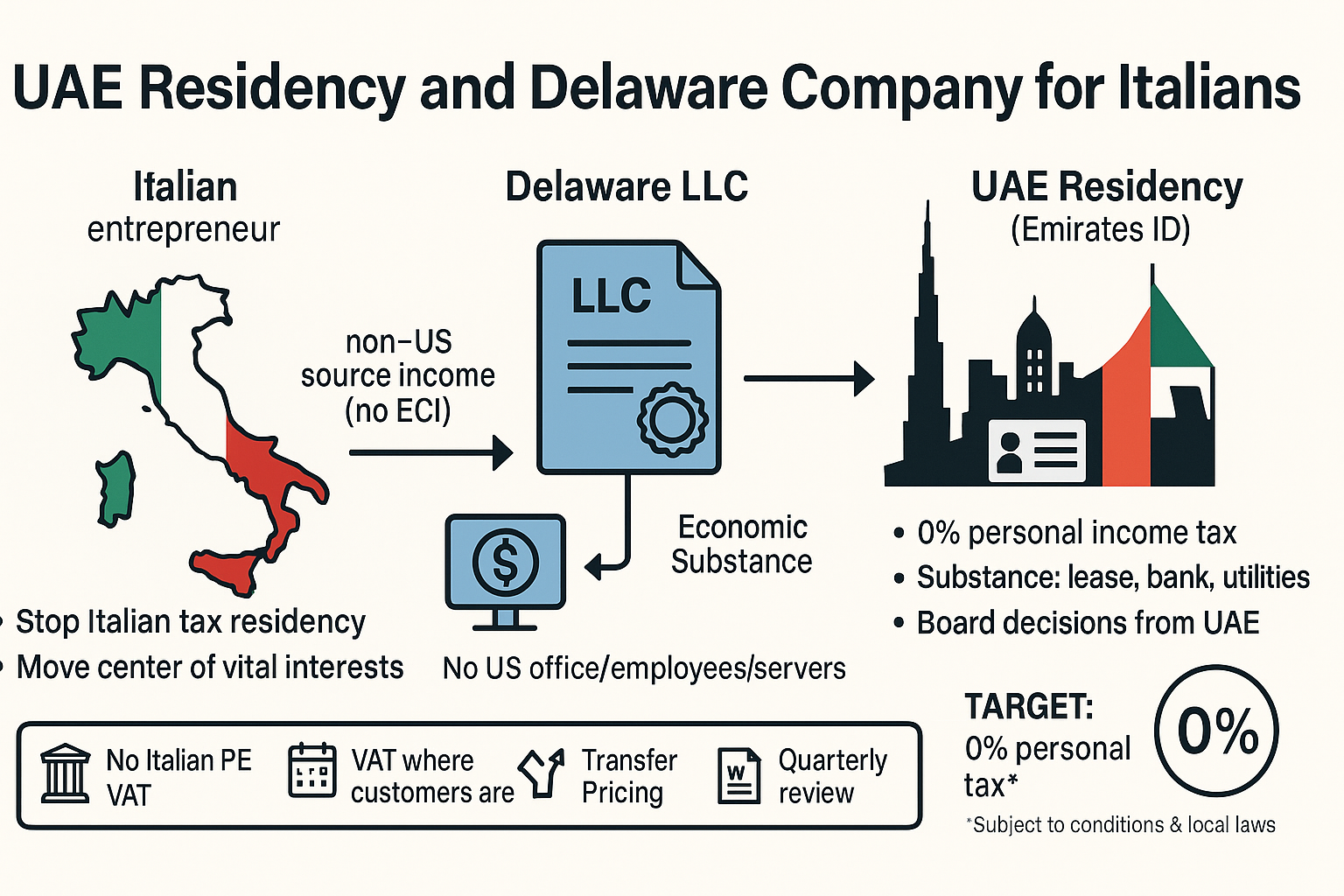Delaware has long been recognized as a premier destination for entrepreneurs seeking to establish offshore companies. Its business-friendly environment, robust legal Delaware has long been recognized as a premier jurisdiction for business incorporation, offering a favorable legal environment, significant tax advantages, and a streamlined formation Delaware has long been recognized as a premier jurisdiction for business incorporation, offering a favorable legal environment, significant tax advantages, and a streamlined formation process. For non-residents seeking to establish an offshore company, Delaware presents a compelling option. This guide provides a comprehensive overview of the benefits, legal requirements, and step-by-step instructions for non-residents aiming to set up an offshore company in Delaware.

Why Choose Delaware for Offshore Company Formation?
Delaware’s appeal to international entrepreneurs stems from several key factors:
- Business-Friendly Legal Framework: Delaware’s General Corporation Law is renowned for its flexibility and pro-business stance, providing companies with a robust legal foundation.
- Tax Advantages: Delaware does not impose state corporate income tax on companies that do not conduct business within its borders. Additionally, there is no sales tax, and investment income for holding entities is tax-exempt.
- Asset Protection: The state’s legal system offers strong protections against creditors, making it difficult for asset claims to be won against Delaware companies.
Legal Structures Available to Non-Residents
Non-residents can choose from several business structures when establishing an offshore company in Delaware:
- Limited Liability Company (LLC): Offers flexibility in management and taxation, with members enjoying limited liability protection.
- Corporation (C-Corp): Suitable for businesses planning to issue stock or attract investors, providing limited liability to shareholders.
- Limited Partnership (LP): Comprises general and limited partners, with the latter enjoying limited liability.
- Non-Profit Corporation: Designed for organizations operating for charitable, educational, or similar purposes.
The LLC is often the preferred choice for non-residents due to its flexibility and favorable tax treatment.
Step-by-Step Guide to Establishing an Offshore Company in Delaware
- Choose a Business Structure: Decide on the most suitable structure based on your business objectives.
- Select a Unique Company Name: Ensure the name complies with Delaware’s naming conventions and is not already in use.
- Appoint a Registered Agent: All Delaware companies must have a registered agent with a physical address in the state to receive official correspondence.
- File Certificate of Formation/Incorporation: Submit the necessary formation documents to the Delaware Division of Corporations, detailing essential company information.
- Obtain an Employer Identification Number (EIN): Apply for an EIN from the IRS, which is required for tax purposes and opening a U.S. bank account.
- Create an Operating Agreement or Bylaws: While not mandatory, these documents outline the management structure and operating procedures of your company.
- Open a U.S. Bank Account: Establish a business bank account to facilitate financial transactions. Note that many banks require in-person visits, though some may offer remote account opening options.
- Maintain Compliance: Fulfill ongoing obligations, including paying the annual Franchise Tax and maintaining a registered agent.
Tax Considerations for Non-Residents
Delaware LLCs owned by non-U.S. residents are typically not subject to federal income tax if they do not have U.S.-sourced income. However, it’s essential to file Form 5472 with the IRS to report certain transactions. Consulting with a tax professional is advisable to ensure compliance with all tax obligations.
Conclusion
Establishing an offshore company in Delaware offers non-residents numerous advantages, including a favorable legal environment, significant tax benefits, and robust privacy protections. By following the outlined steps and seeking professional guidance, international entrepreneurs can successfully navigate the incorporation process and leverage Delaware’s offerings to achieve their business objectives.
Take the Next Step
Ready to establish your offshore company in Delaware? Schedule a 30-minute consultation with Elite Consulting to receive personalized guidance tailored to your business needs. Book your appointment today: https://tidycal.com/eliteconsulting/30-minute-meeting








